Search Results
Showing results 1 to 20 of 33
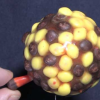
Best Bubbles
Source Institutions
In this activity, learners experiment with creating various types of bubble solutions and testing which ingredients form longer-lasting bubbles.
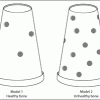
Space Stations: Bones of Contention
Source Institutions
In this activity, learners make models representing bones on Earth and bones that have been in space. They discover what happens to bones without proper exercise and nutrition.
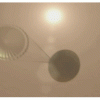
Landing the Rover
Source Institutions
In this team design challenge (page 19-24 of PDF), learners "land" a model Lunar Rover in a model Landing Pod (both previously built in activities #3 and #4 in PDF).
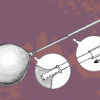
Launch It
Add to list DetailsIn this design challenge activity, learners use a balloon and other simple materials to design an air-powered rocket that can hit a distant target.
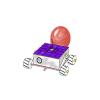
Make a Balloon-powered Nanorover
Source Institutions
In this activity, learners build a nanorover model using styrofoam meat trays and a balloon.
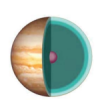
Jiggly Jupiter
Source Institutions
In this activity, learners build edible models of Jupiter and Earth to compare their sizes and illustrate the planets' internal layers.
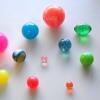
Space Stations: Follow the Bouncing Ball!
Source Institutions
In this activity, learners predict whether a ball on Earth or a ball on the Moon bounces higher when dropped and why.
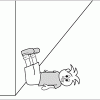
Space Stations: Measure Up!
Source Institutions
In this activity, learners work in pairs to measure each other's ankles with lengths of string.
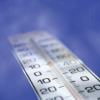
Weather Stations: Temperature and Pressure
Source Institutions
In this activity, learners discover the relationship between temperature and pressure in the lower atmospheres of Jupiter and Earth.
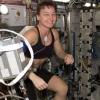
Space Stations: Beans in Space
Source Institutions
In this activity, learners perform 20 arm curls with cans that simulate the weight of beans on Earth versus the weights of the same number of beans on the Moon and in space.
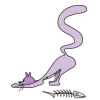
Supporting Structures
Source Institutions
In this activity about living things and gravity (page 5 of PDF), learners design and build an exoskeleton or an endoskeleton for an animal of their own invention.
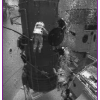
Weighty Questions
Source Institutions
In this activity about humans and space travel (page 1 of PDF), learners compare and contrast the behavior of a water-filled plastic bag, both outside and inside of a container of water.
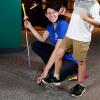
Exploring the Solar System: Stomp Rockets
Source Institutions
In "Exploring the Solar System: Stomp Rockets," participants learn about how some rockets carry science tools—not scientists—into space, and how a special kind of rocket called "sounding rockets" can
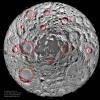
Shapes and Angles
Source Institutions
In this activity (page 7 of PDF), learners will identify the general two-dimensional geometric shape of the uppermost cross section of an impact crater.
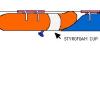
Balloon Staging
Source Institutions
In this activity, learners simulate a multistage rocket launch using party balloons, fishing line, straws, and a plastic cup.
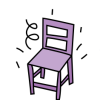
Gravity and Muscles
Source Institutions
In this activity about center of gravity (page 23 of PDF), learners investigate how the body adjusts to the force of gravity to remain balanced.
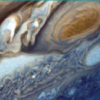
Weather Stations: Storms
Source Institutions
In this activity, learners test how cornstarch and glitter in water move when disturbed. Learners compare their observations with videos of Jupiter's and Earth's storm movements.
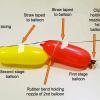
Achieving Orbit
Source Institutions
In this Engineering Design Challenge activity, learners will use balloons to investigate how a multi-stage rocket, like that used in the Interstellar Boundary Explorer (IBEX) mission, can propel a sat
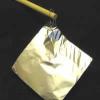
Weather Stations: Winds
Source Institutions
In this activity, learners use a toaster to generate wind and compare the appliance's heat source to Jupiter's own hot interior. Learners discover that convection drives wind on Jupiter and on Earth.
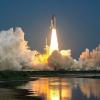
Build a Rocket - and a Launch Pad!
Source Institutions
In this activity, learners construct a rocket powered by the pressure generated from an effervescing antacid tablet reacting with water, and build a launch pad for their rocket.
